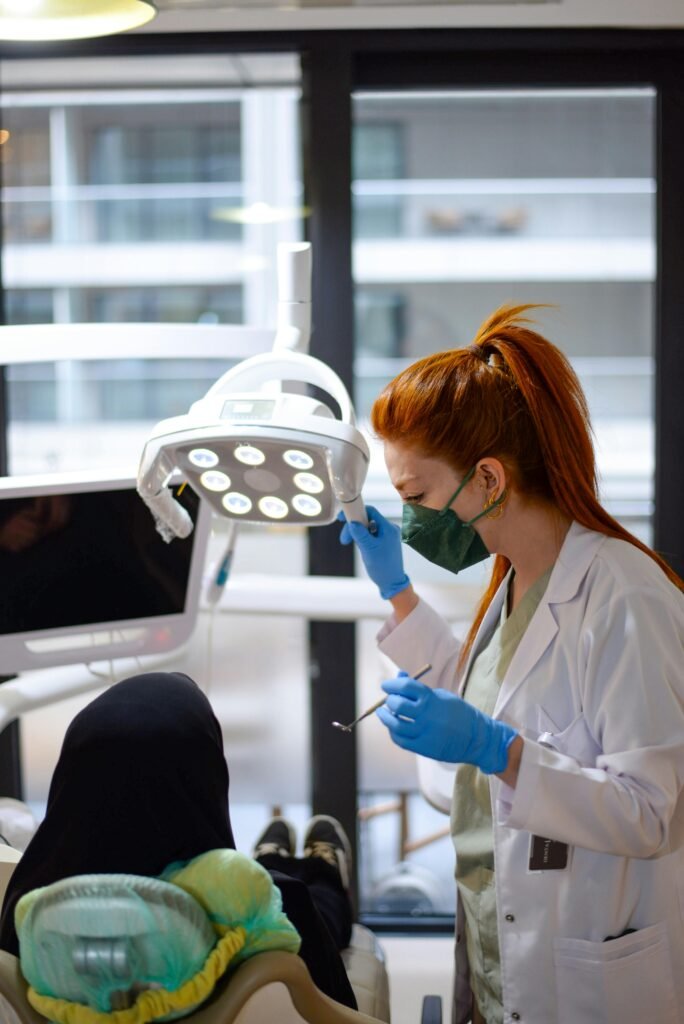Have you ever wondered about the effects of alcohol on your dental health? In this article, we’ll explore the impact of alcohol on your teeth and how you can find a balance between enjoying a drink and taking care of your oral hygiene. From the risks of tooth decay to the importance of moderation, discover the key factors to ensure a healthy smile while still savoring your favorite beverages. So, grab a refreshing drink, relax, and let’s uncover the truth behind the relationship between alcohol and your dental health.

This image is property of images.pexels.com.
Effects of Alcohol on Dental Health
Alcohol can have a significant impact on your dental health. It is important to understand how it affects your teeth and take necessary precautions to maintain a healthy smile. In this article, we will explore the various ways in which alcohol can harm your dental health and provide tips for maintaining oral care while still enjoying alcoholic beverages.
Alcohol’s Impact on Tooth Enamel
One of the primary concerns of alcohol consumption is its impact on tooth enamel. Many alcoholic beverages have acidic properties that can erode the protective layer of enamel on your teeth. The acidity in alcohol weakens the enamel, making it more susceptible to damage from everyday activities such as brushing or consuming acidic foods and drinks. This can lead to tooth sensitivity and an increased risk of cavities.
Increase in Plaque and Tartar Formation
Alcohol can also contribute to an increase in plaque and tartar formation in your mouth. Saliva plays a crucial role in maintaining a healthy oral environment by washing away food particles and neutralizing acids. However, alcohol consumption can reduce saliva production, leading to a dry mouth. A dry mouth creates an ideal environment for bacteria to thrive, resulting in the build-up of plaque. Over time, if not addressed, this can harden into tartar and further complicate dental health issues.
Gum Disease and Alcohol Consumption
Another consequence of alcohol consumption is an increased risk of gum disease. Alcohol can weaken your immune system, making it less effective in fighting off infections and inflammation in the gums. The weakened immune response paves the way for gum disease to develop. Symptoms of gum disease include red, swollen gums, bleeding while brushing or flossing, and even tooth loss if left untreated.

This image is property of images.pexels.com.
Dental Cavities and Alcohol
The sugar content in alcoholic drinks is a significant factor contributing to dental cavities. Alcoholic beverages, especially mixed drinks and cocktails, often contain high levels of sugar. Bacteria in the mouth thrive on sugar and produce acids that eat away at the tooth enamel, leading to decay and cavities. Additionally, alcohol can influence the pH of saliva, making it more acidic and further promoting the growth of harmful bacteria.
Staining and Discoloration of Teeth
Alcohol, particularly red wine and spirits, contains tannins and dark pigments that can stain and discolor your teeth over time. Tannins have a natural ability to bind to enamel, causing stains that are difficult to remove. Dark-colored alcoholic beverages can also contribute to tooth discoloration, making your smile appear yellow or dull. Regular consumption of these beverages can result in a noticeable change in the color of your teeth.

This image is property of images.pexels.com.
Dry Mouth and Its Impact on Dental Health
Alcohol acts as a dehydrating agent, which can lead to a decrease in saliva production. Saliva plays a crucial role in maintaining optimal oral health as it helps in the remineralization of teeth, washing away food particles, and neutralizing acids. When saliva production decreases, it creates a dry mouth, which increases the risk of tooth decay, gum disease, and bad breath.
Tips for Maintaining Dental Health while Consuming Alcohol
Maintaining a balance between enjoying alcoholic beverages and taking care of your dental health is essential. Here are some tips to help you minimize the negative effects of alcohol on your teeth:
-
Moderation and Responsible Drinking: Limit your alcohol consumption to moderation. Excessive drinking not only affects your overall health but also puts your dental health at risk.
-
Rinsing with Water or Fluoride Mouthwash: After consuming alcohol, rinse your mouth with water or a fluoride mouthwash to help remove any residual sugars or acids that may be lingering in your mouth.
-
Avoiding Sugary Mixers: Opt for low-sugar or sugar-free mixers when consuming alcoholic beverages. Sugary mixers can contribute to tooth decay and cavities.
-
Maintaining a Good Oral Hygiene Routine: Brush your teeth at least twice a day with a fluoride toothpaste and floss daily to remove plaque and food particles that may have accumulated.
-
Regular Dental Check-ups: Schedule regular dental check-ups and cleanings to monitor and address any potential dental issues. Your dentist will be able to detect early signs of damage and provide appropriate treatment.
Conclusion
Awareness of the impact of alcohol on dental health is crucial for maintaining a healthy smile. While it is important to enjoy life and indulge in occasional alcoholic beverages, it is equally important to prioritize oral care. By understanding the effects of alcohol on tooth enamel, plaque formation, gum disease, cavities, and tooth discoloration, you can take necessary steps to protect your dental health. Remember to drink in moderation, practice good oral hygiene, and seek regular dental care to strike a balance between enjoyment and care.
